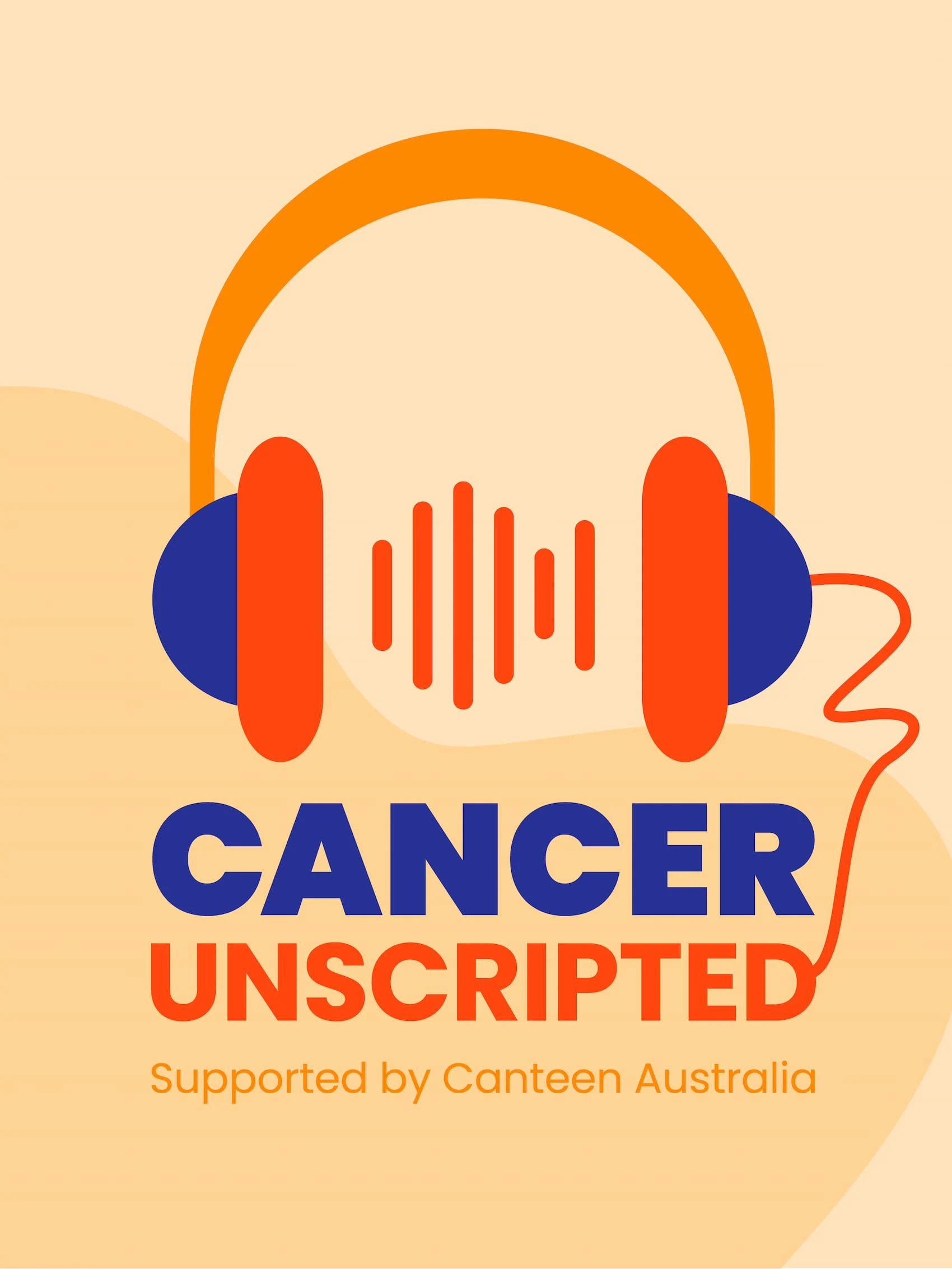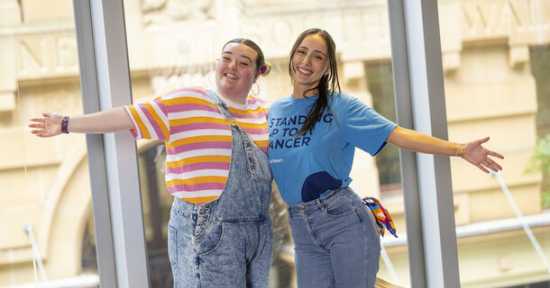What is blood cancer?
Blood cancers affect the blood and the bone marrow, the spongy tissue in the middle of bones where blood cells are made.
Types of blood cancer
The three main types of blood cancers are:
- Leukaemia
- Lymphoma
- Myeloma

Specialist treatment and support for young people diagnosed with blood cancer
Specialist treatment and support for young people with cancer aged 15-25 is provided by the Youth Cancer Services (YCS) based in major hospitals throughout Australia. Canteen also offers events and other support for young people with cancer.
Leukaemia
Leukaemia is cancer of the white blood cells. The type of leukaemia is named after the type of white blood cell affected (lymphocytes or myeloid cells) and how fast it is growing.
Leukaemia can be:
- Acute: appears suddenly and grows quickly
- Chronic: appears gradually and grows slowly over months or years
The main types of leukaemia are:
- Acute lymphoblastic leukaemia (ALL)
- Acute myeloid leukaemia (AML)
- Chronic lymphocytic leukaemia (CLL)
- Chronic myeloid leukaemia (CML)
Acute leukaemia is a common cancer in adolescents and young adults. Acute lymphoblastic leukaemia is the third most common cause of death from cancer among young people.
Canteen is running a clinical trial to test a new treatment that uses the body’s immune system to treat acute lymphoblastic leukaemia.
Lymphoma
Lymphoma is a term for cancer that develops in the lymphatic system, a network of tiny vessels that is part of the body’s immune system and includes lymph fluid and lymph nodes.
The two main types of lymphoma are:
- Non-Hodgkin lymphoma
- Hodgkin lymphoma
Non-Hodgkin lymphoma is the most common type of lymphoma and a common cancer diagnosed in adolescents and young adults in Australia.
There are many types of non-Hodgkin lymphoma and Hodgkin lymphoma.
Myeloma
Myeloma, also known as multiple myeloma, is cancer of the bone marrow that starts in a type of white blood cell called plasma cells.

When cancer’s in your life, Canteen is in your corner.
Cancer affects everyone differently. That’s why Canteen provides a wide range of support services to help you overcome the specific challenges you’re dealing with.
Whether you’re dealing with your parent’s cancer, a brother or sister’s cancer or your own diagnosis, we have got your back. We also have newer services specifically for parents too.













